What Influences Choice of Formula in China?
In our last blog we looked at the astonishing potential of China which, with 16 million births per year, 1 represents by far the largest infant formula market in the world.
But recognising the scale of the opportunity is only the start. Manufacturers who want to maximise sales in China need to understand what motivates the country’s consumers, and the extent to which their requirements and habits differ from those in other markets.
Recent research offers some fascinating insights into what’s going through the mind of the Chinese mother buying formula for her child. UBM conducted a detailed analysis based on a survey of 3,300 Chinese mums (of children up to 2-3 years) and mums to be (5 months+ pregnant).
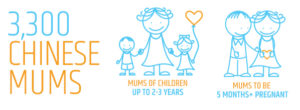
They were presented with a range of factors and asked which they considered important when shopping for formula.2
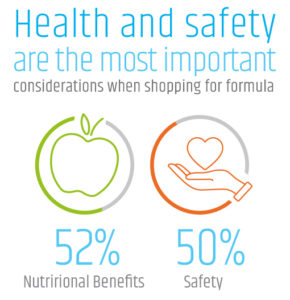
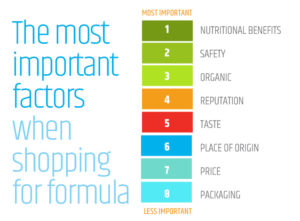
By far the two most important factors in the survey were nutritional benefits, followed by safety – both chosen by around half of the survey respondents.
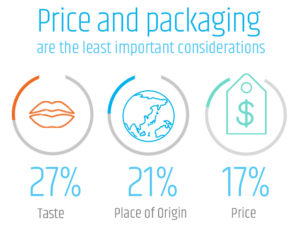
By contrast, much less importance was placed on price, which was picked by only 17% and ranked only tenth on the list, behind considerations such as place of origin, raw materials and taste.
Also of note was the fact that brand was important to little more than a quarter (27%) of the women surveyed. Like their counterparts in other countries, Chinese mums choosing infant formula seem to display little loyalty to any one product. In fact, brand seems to be becoming less important for consumers: between 2013 and 2014 it dropped from the second highest priority to the fifth, identified as important by little more than a quarter of the parents surveyed. For the youngest mothers – those born in the nineties – it was even less of a consideration. Packaging only influenced 4%.
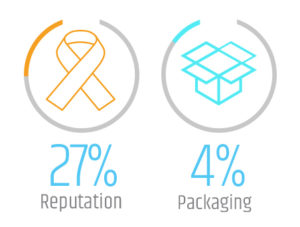
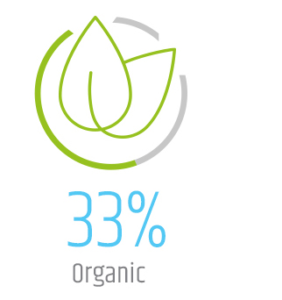
A further interesting trend was the emergence of ‘organic’ as an influencing factor, which rose to become the third most consideration, perhaps reflecting growing concerns about the environment among Chinese consumers. Similarly, when asked about food products for children generally, ‘eco-friendliness’ rose from number 10 to number 3 between 2013 and 2014.
Overall, the research provides a snapshot of society where an expanding middle class has more and more spending power, and where consumerism is increasingly dominant. Yet this hasn’t created a scenario where brand matters more – instead properties that relate to quality are becoming more important.
Ultimately, the needs of a child – and its parents – in Beijing are no different to those of a baby in Baltimore. Everyone wants the best for their children, and it’s natural that health and safety are the most important considerations.
For manufacturers, the lesson is that in China – as in the rest of the world – you can’t rely on branding, or on low prices. In the world’s largest formula market, your product stands the best chance if it guarantees safety and contains ingredients that offer parents the highest possible nutritional value.
- National Bureau of Statistics of China, China’s Economy Realized a Moderate but Stable and Sound Growth in 2015, 19 January 2016 http://www.stats.gov.cn/english/PressRelease/201601/t20160119_1306072.html
- CBME China Children Baby Maternity Products Industry Consumer Research Report 2014, October 2014
